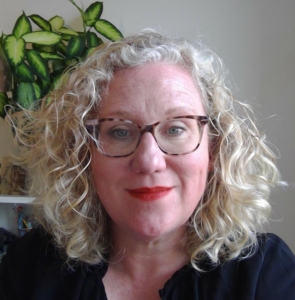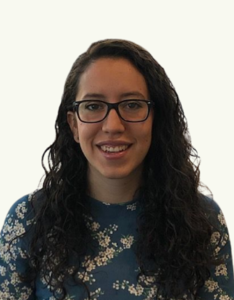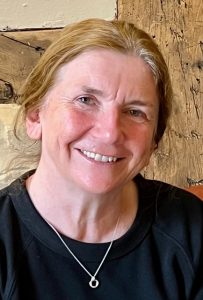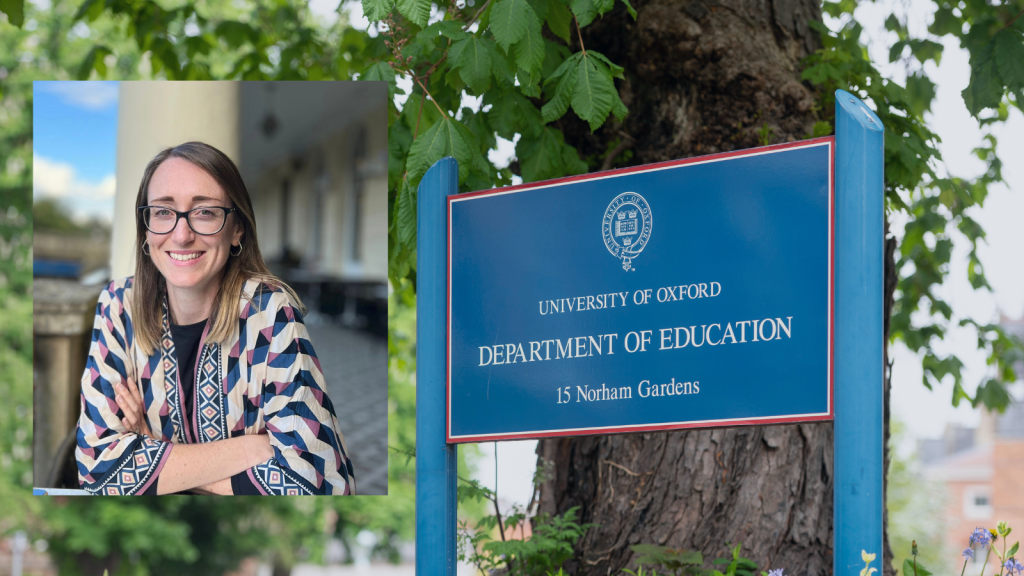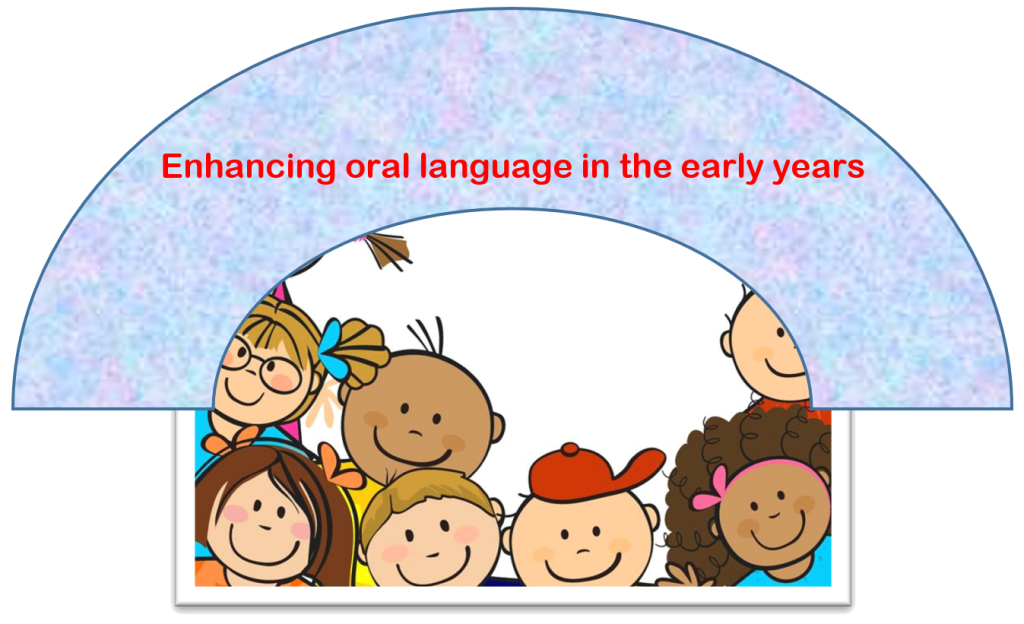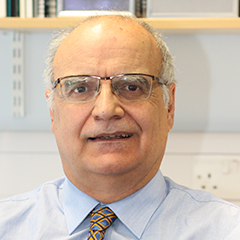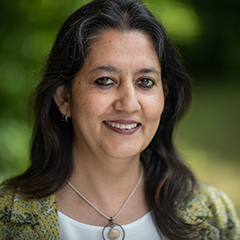The Project
Developmental Language Disorder (DLD) is one of the most prevalent neurodevelopmental conditions, affecting around 8% of children aged 5–6 years. In the early years it is not always possible to identify children who will go on to have DLD although these children, who are ‘at risk’ of DLD, can still benefit from early preventative interventions. DLD is a lifelong condition that can have wide-ranging effects on health, education, employment, social inclusion, and wellbeing. Providing effective support for children with DLD and those at risk is therefore a priority for educational and health services worldwide.
However relative to the fields of autism, dyslexia and ADHD, DLD interventions are relatively under-researched. Furthermore, the research which is conducted is often difficult to use in the real world.
This study: Maximising the Benefits of Intervention Research to Support Language and Communication in Children with or at Risk of DLD aims to accelerate the translation of research evidence to practice through the development of internationally agreed reporting guidelines for intervention research which will:
- Specify the intervention characteristics, participant characteristics and outcomes in children’s oral language intervention studies
- Reflect the perspectives of all relevant stakeholders
- Enable translation of research into practice through comprehensive training
- Maximise the potential for meta-analysis and international collaboration
Alongside the UK team, partners in Australia, Ireland, Croatia, Austria, the USA, and Finland are carrying out parallel studies.
Pauline Frizelle at University College Cork (UCC) leads Work Package 2 (WP2) to define active ingredients of language and communication interventions to create a clear, consistent taxonomy for future research.
Cristina McKean at The University of Oxford leads Work Package 3 (WP3) to identify key participant characteristics to ensure diversity, inclusion, and ethical representation in intervention studies.
Carol-Anne Murphy at The University of Limerick (UL) leads Work Package 4 (WP4) develop an international core outcome set so intervention research measures outcomes that matter most to children, families, and professionals.
See more details on the overall study and each of the work packages.
What We Aim to Do
Children with DLD and those at risk of DLD are a highly diverse group, and intervention studies tend to focus on more advantaged populations or very specific subgroups of children. This means research often fails to represent the full range of children who need support. As a result, it can be difficult to know whether interventions work equally well across different groups, limiting how findings can be applied in practice. Furthermore, it can perpetuate the exclusion of under-represented groups from research evidence.
This UK-led strand of the project seeks to address these challenges by developing clear guidance on how participant characteristics are reported in oral language intervention studies. This will make it easier to identify which interventions work best for which children, helping practitioners and families make better-informed decisions and supporting the field to adopt fairer and more equitable research practices.
Transparent, fair and equitable research
In this theme relating to the description of participants in intervention research there are x key phases: 1) qualitative workshops 2) systematic reviews 3) consensus building. These be conducted in the UK and we will be supporting our collaborators to complete them in our partner countries.
Phase 1: Qualitative workshops with 4 groups
A series of participatory workshops with children and young people with DLD aged between 12 and 18 years.
- Group discussions with Parents/carers of children with DLD
- Group discussions with Adults with DLD
- Group discussions with Parents/carers of pre-school children who may have early language difficulties, a family history of DLD or who have received early support
These workshops will determine which participant characteristics stakeholders these groups consider essential to report—and why—so that future guidance is anchored in lived experience and reflects the real-world diversity of children and families.
Phase 2: is conducted in parallel and involves two systematic reviews mapping how participant characteristics are currently reported in recent oral language intervention studies for children with, or at risk of, DLD.
Phase 3: Building on the above foundation, two international e-Delphi processes will bring together professionals and academics and people with lived experience of DLD to reach consensus on a core set of participant characteristics that should be reported consistently in future research.
Together, these studies, reviews, and consensus-building activities will ensure that participant characteristics are reported in ways that are transparent, relevant, and inclusive. This will make it possible to identify for whom interventions are effective, improve the comparability of studies, and ultimately strengthen the translation of research into practice.
Meaningful outcomes
The team at Oxford are supporting the work led by the University of Limerick to explore which outcomes of intervention studies are most meaningful and desirable to families and young people. As part of this, we will run three Nominal Group Technique (NGT) workshops with parents, carers, and young people with DLD in the UK.
The active ingredients of intervention
In work led by UCC the study will also create a new taxonomy of active ingredients used in language interventions and develop a training package to enable students, practitioners and researchers to recognise and describe those active ingredients. Here at Oxford we are supporting the identification and involvement of key ‘knowledge users’ to shape this work.
Advisory Group - Get Involved
We want to ensure not only our research findings but also HOW we do our research is shaped by the knowledge and views of people with lived experience and expertise of DLD. We therefore consult throughout our work with our expert advisory groups.
View further information about our advisory group and how you can get involved.
We welcome people with lived experience of DLD, parents and carers, speech and language therapists, teachers, and community members to join us.
If you would like to get involved, please complete our sign-up survey to express your interest in joining or supporting the Advisory Group. Or email us at maria.karampela@education.ox.ac.uk.






